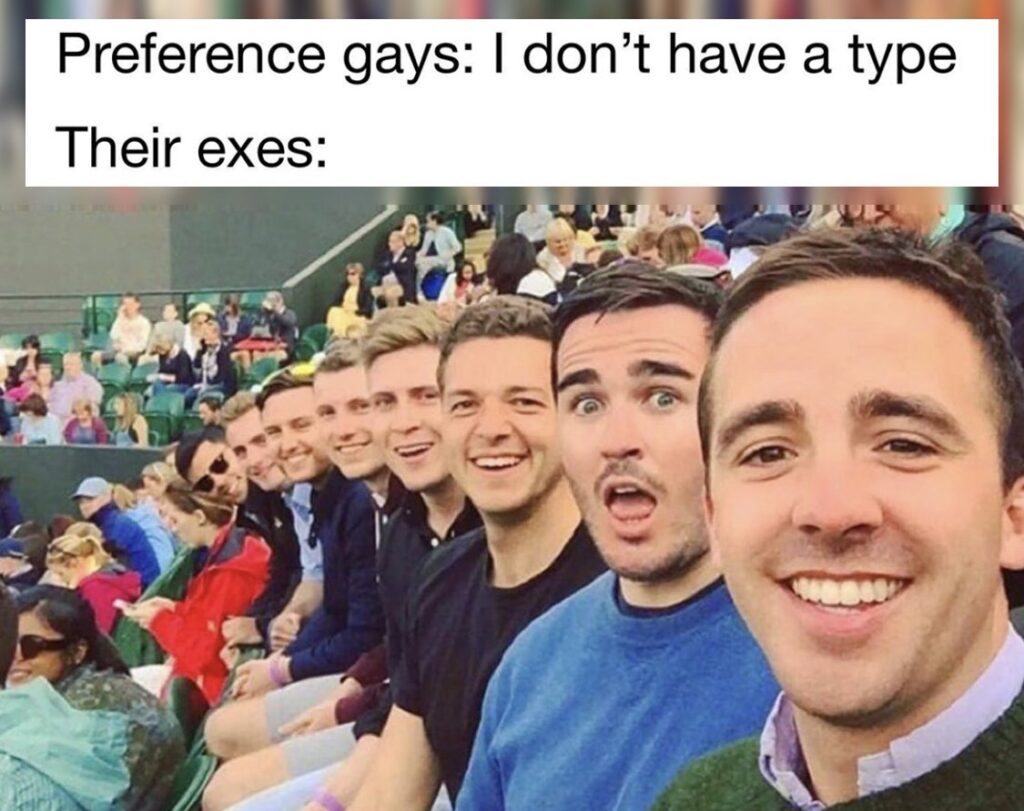The Invitation
“Emotionally, how does it feel to be wrong?” asked Kathryn Schulz in a presentation I recently watched on TED Talks. Peering out into the crowd, she listened for some responses.
“Dreadful.”
“Embarrassing.”
A thumbs-down from the girl in the background.
Schulz points out that these were great answers, but they were answers to a different question: “You guys are answering the question, ‘How does it feel to realize you’re wrong?’” She continued, “Being wrong feels like being right.”
Much of the time, we live our lives thinking we’re right, especially us as Christians.
Recently, a fellow Christian and I sent messages back and forth, aiming to resolve a conflict. “Sorry that I expected as a man of God you would…” she wrote, feeling my Christianity threatened. “Apparently we are in two different places spiritually,” the following sentence proclaimed.
The statements interrogated my spirituality deeply, as I saw her godliness surpassing mine, and suddenly, I sat astonished.
The other week, I was sitting in a small group meeting. Fifteen guys sat in a circle, discussing what it looked like to follow and Jesus and what that looks like in our life.
“I realized I don’t have to worry because God has it under control,” said one. “God just wants to spend time with us,” reaffirmed another.
With almost each self-focused statement, my heart pounded in my chest.
“It’s not about you!” my heart pressed but properly failed to have the audacity to say.
As Christians, we’ve started missing what’s important. We discover it’s so easy to point fingers and so easy to make ourselves feel better, but is it really about either? We look in the mirror declaring all the ways we’ve done right and denouncing the places where we’re just a little off.
Proud we reprimanded him,
Ecstatic we defended Genesis 1,
And thrilled we can honestly say we’ve never had a sip of alcohol.
We’re told to be humble, but we develop this pride as though we have the answers to all of life’s questions. Instead, we just end up pointing fingers at those who have yet to realize that Christianity is the antithesis of discrimination. Once we stop judging others, stop praising ourselves, and start stepping back, we realize what we missed before and see all that’s wrong with the world.
That we should not have a faucet in the kitchen, the bathroom, and the other bathroom, along with a hose protruding from the side of the house; and they should not need to walk five miles to find clean water.
That she should not complain about a soft overripe apple, and he should not be living underneath that bridge, hoping tomorrow brings a meal.
That I should not worry if he will text me back, and she should not sit in the comforting darkness of her own room, wondering about the best way to take her own life.
In neglecting something greater than ourselves, we make Christianity to be about morals and God to be our therapist. We forget the portion of our spirituality that is an invitation to be a vessel of God and a tool for God’s work among humanity. We think we have this whole Christianity thing figured out but forget the part where we’re saying we know the will of God:
Why she has cancer,
Why he had to die,
Or why I’m gay.
We were placed in a unique relationship to God, a relation that says, “I am God. You are human. I know. You don’t.” The words come back, and we are humbled and left with an invitation to work within community, seeing to it that this invitation does not end with me and reaches beyond you.
This invitation to participate goes to my uncle who denounces religion, to that guy I almost dated who called me ignorant for being a Christian, and to each individual who told us that we had to change in order to be accepted in this community. The invitation is a beautiful gift that catches us off guard when our heart breaks for them and melts for him, reminding us with the words, “You are well, but remember, they need you. Love them for Me.”
One response to this post
-
Sean, this is amazing. I was just reading the other day how the kingdom of God is something you enter into, not something you build or establish. It's something you receive like a gift. So i love the idea of you recognizing that it's an invitation – this whole God thing. Super, super awesome.



Thanks for wanting to contribute!
You have one more step.
Your email address will not be published.